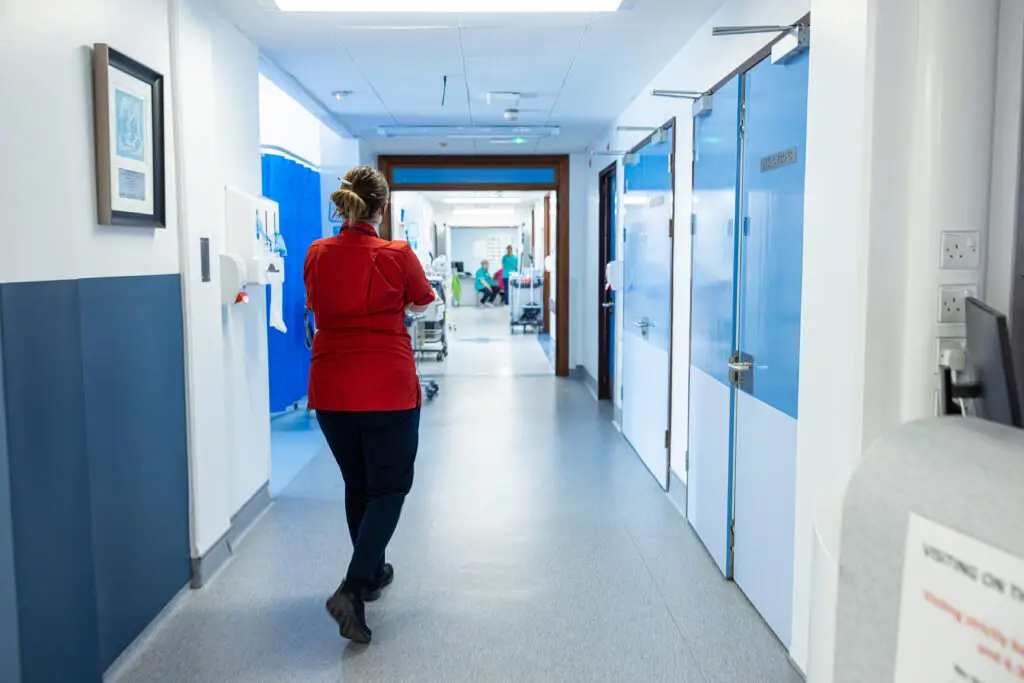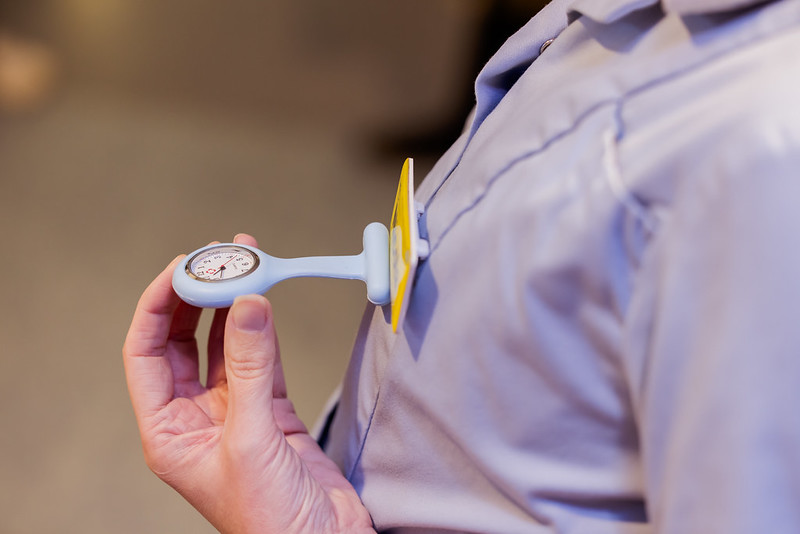‘Maternity support workers (MSWs) have been trained to work in maternity settings and nursing associates have been trained to work in nursing settings. One role cannot replace the other.’ That’s the message from the Royal College of Midwives (RCM) in a joint statement on the role of Nursing Associates in Maternity is published.
The RCM says, having become aware that some providers have been exploring the deployment of nursing associates in maternity settings, they felt it necessary to work collaboratively with NHS England, the Royal College of Nursing (RCN) and the Nursing and Midwifery Council (NMC) to produce a clear position on this issue. That work has now concluded and has resulted in a joint statement with all organisations in agreement that they do not support nursing associates working in maternity settings.
The safest and most sustainable way to support the current maternity workforce is having the right staff in the right place with the right education and training, says the RCM. Deploying registered nursing associates to plug staffing gaps in our maternity is a safety risk, says the College as, unlike MSWs, their training is not tailored to the specific aspects of maternity services.
Commenting, the RCM’s Director for Midwifery Policy and Practice, Sally Ashton-May, said:
“The RCM believes that the midwife, supported by an MSW, should be the only registered professional to provide midwifery care. Services should not be using nursing associates who are members of the nursing team in maternity care settings. Equally, we would not support midwives or MSWs working in nursing settings to fill nurse staffing gaps. While we recognise the valuable contribution that nursing associates make within nursing teams, the RCM believes nursing associates should work within their scope of practice. Nursing associates and nurses work under their own NMC registration and are therefore accountable for their own practice. A midwife cannot be accountable for the actions or omissions of nurses or nursing associates working in maternity. Currently our members are working in high pressure environments, and we absolutely cannot add that additional worry and stress to midwifery teams.”
The new joint position statement outlines explicitly the challenges in deploying nursing associates in maternity settings, including issues with profession-specific education and training, delegation of tasks, accountability, and scope of practice. This week that position will be communicated with staff and Trusts via an NHSE newsletter which can be viewed here
The RCM has already published a position statement on Nurses in Maternity which includes a section on nursing associates and outlines that we do not support nurses working in any areas of maternity care other than the valuable work they do utilising nursing skills in theatre and recovery, which enables midwives to focus on care that can only be given by a registered midwife.
Sally added:
“It’s no secret we need to expand the current midwifery workforce to meet the growing needs of the women presenting to maternity services, often with complex pregnancies that require specialist support, and MSWs are a crucial part of that, particularly in the delivery of postnatal care. Also, by developing the role of MSWs and aligning that to the Maternity Support Worker Competency, Education and NHS England Career Development Frameworks, services can deliver higher levels of maternity care.
“Nurses wishing to work in maternity should undertake the shortened registered midwife education programme, enabling them to work within a midwife’s scope of practice and meet the midwifery proficiencies required for safe maternity care. Some MSWs may also choose to become midwives and will join a registered midwifery degree apprenticeship and this can also increase midwifery workforce growth and improve retention in understaffed services.”


